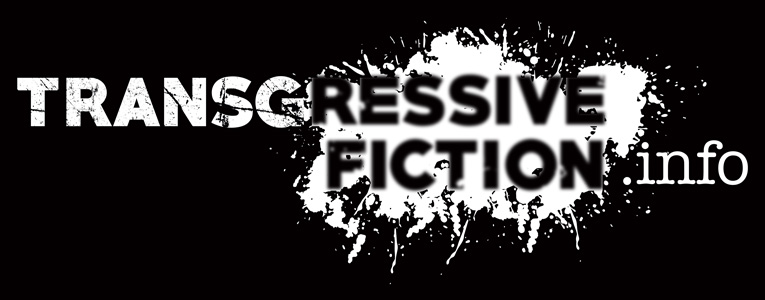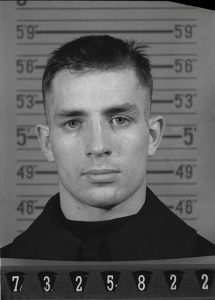 Jack Kerouac was born Jean-Louis Lebris de Kerouac on March 12, 1922, in Lowell, Massachusetts. Jack Kerouac’s writing career began in the 1940s, but didn’t meet with commercial success until 1957, when On the Road was published. The book became an American classic that defined the Beat Generation. Kerouac died on October 21, 1969, from an abdominal hemorrhage, at age 47.
Jack Kerouac was born Jean-Louis Lebris de Kerouac on March 12, 1922, in Lowell, Massachusetts. Jack Kerouac’s writing career began in the 1940s, but didn’t meet with commercial success until 1957, when On the Road was published. The book became an American classic that defined the Beat Generation. Kerouac died on October 21, 1969, from an abdominal hemorrhage, at age 47.
Books
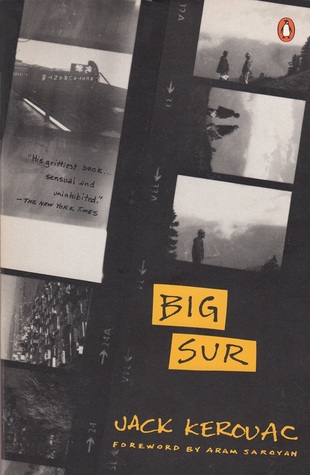
Big Sur
A poignant masterpiece of wrenching personal expression from the author of On the Road and The Dharma Bums
In this 1962 novel, Kerouac’s alter ego Jack Duluoz, overwhelmed by success and excess, gravitates back and forth between wild binges in San Francisco and an isolated cabin on the California coast where he attempts to renew his spirit and clear his head of madness and alcohol. Only nature seems to restore him to a sense of balance. In the words of Allen Ginsberg, Big Sur “reveals consciousness in all its syntactic elaboration, detailing the luminous emptiness of his own paranoiac confusion.”
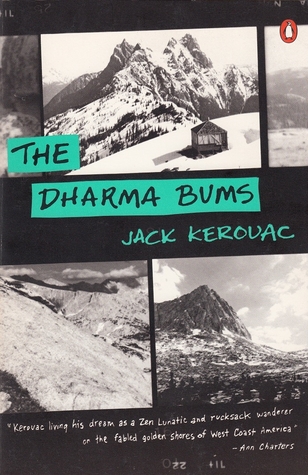
The Dharma Bums
Two ebullient young men search for Truth the Zen way: from marathon wine-drinking bouts, poetry jam sessions, and “yabyum” in San Francisco’s Bohemia to solitude in the high Sierras and a vigil atop Desolation Peak in Washington State. Published just a year after On the Road put the Beat Generation on the map, The Dharma Bums is sparked by Kerouac’s expansiveness, humor, and a contagious zest for life.
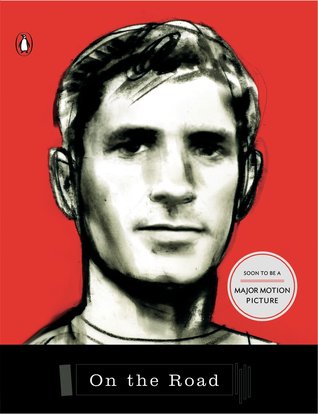
On the Road
When Jack Kerouac’s On the Road first appeared in 1957, readers instantly felt the beat of a new literary rhythm. A fictionalised account of his own journeys across America with his friend Neal Cassady, Kerouac’s beatnik odyssey captured the soul of a generation and changed the landscape of American fiction for ever.
Influenced by Jack London and Thomas Wolfe, Kerouac always wanted to be a writer, but his true voice only emerged when he wrote about his own experiences in On the Road. Leaving a broken marriage behind him, Sal Paradise (Kerouac) joins Dean Moriarty (Cassady), a tearaway and former reform school boy, on a series of journeys that takes them from New York to San Francisco, then south to Mexico. Hitching rides and boarding buses, they enter a world of hobos and drifters, fruit-pickers and migrant families, small towns and wide horizons. Adrift from conventional society, they experience America in the raw: a place where living is hard, but ‘life is holy and every moment is precious’.
With its smoky, jazz-filled atmosphere and its restless, yearning spirit of adventure, On the Road left its mark on the culture of the late 20th century, influencing countless books, films and songs. Kerouac’s prose is remarkable both for its colloquial swing and for the pure lyricism inspired by the American landscape – ‘the backroads, the black-tar roads that curve among the mournful rivers like Susquehanna, Monongahela, old Potomac and Monocacy’. This Folio Society edition is illustrated with evocative photographs of Kerouac and the landscapes of 1950s America. Now acknowledged as a modern classic, On the Road remains a thrilling and poignant story of the road less travelled.
I like too many things and get all confused and hung-up running from one falling star to another till i drop. This is the night, what it does to you. I had nothing to offer anybody except my own confusion.
One day I will find the right words, and they will be simple.
the only people for me are the mad ones, the ones who are mad to live, mad to talk, mad to be saved, desirous of everything at the same time, the ones who never yawn or say a commonplace thing, but burn, burn, burn like fabulous yellow roman candles exploding like spiders across the stars and in the middle you see the blue centerlight pop and everybody goes “Awww!
There was nowhere to go but everywhere, so just keep on rolling under the stars.
Live, travel, adventure, bless, and don’t be sorry.
